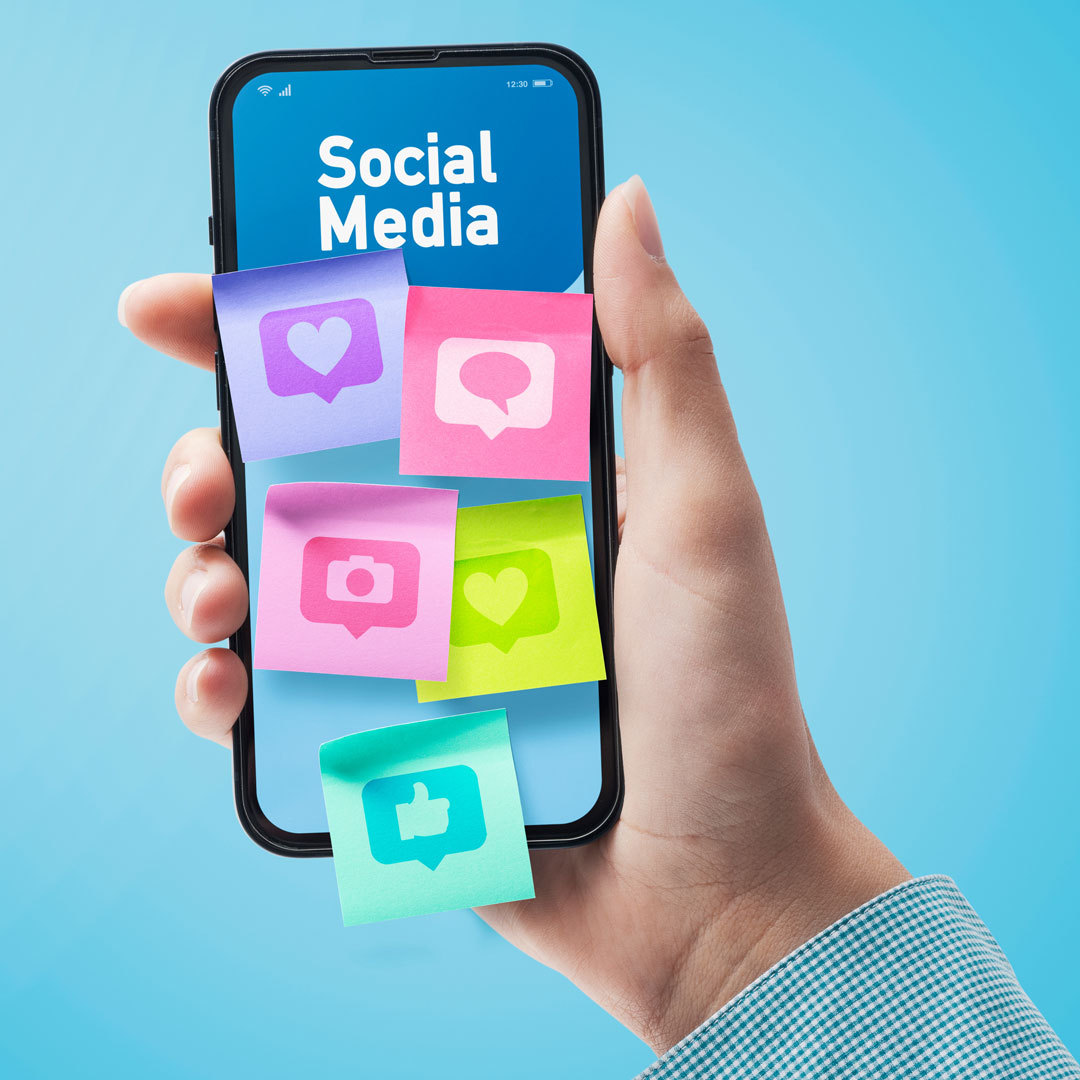Social media has become a huge part of our daily lives, we can debate for hours whether that is a good thing or not, but when it comes to the workplace, where does social media fit in?
It’s a question many businesses are having to consider, and it is not as simple as you might at first think. If we are talking about employees sitting at their desk updating their Facebook profile whilst flicking through the latest Instagram stories then there is a time management issue to deal with, but what if there are legitimate business uses for social media or, more controversially, how much should an employer be viewing an employee’s personal social media activity?
The most effective way to avoid any uncertainty is to set out a clear company policy regarding social media (and indeed the internet and emails all together), that way, if any disputes do arise there is a point of reference to decide the rights and wrongs. The policy should give clear guidelines for employees on what they can and cannot say about the organisation that they work for. Any policy should be clear throughout about the distinction between business and private use of social media. If it allows limited private use in the workplace, it should be clear what this means in practice.
If an employee is representing the company online, then it is only right to set appropriate rules for what information they may disclose and the range of opinions they may express. It is important also to bring to their attention relevant rules and legislation on copyright and public interest disclosure.
There was a high-profile case a few years back when Huawei was working with actress and model Gal Gadot as a brand ambassador for the Mate 10 Pro android smartphone. A smart piece of marketing, until a small controversy ensued when she was caught tweeting about the brand…from an iPhone. Without forethought, social media posts could have an embarrassing impact on brand reputation, the complete opposite of what you set out to achieve (or is there no such thing as bad publicitiy?).
When it comes to looking at personal activity of employees on social media we are straying into mirky waters because friendships can be made in the workplace, but it is important not to let activity outside of the workplace influence views on the expectations and capabilities of an employee. If John has been out partying the night before posting selfies at 2.00am, but still arrives at work in time and performs his job, is that a problem? Equally if John called in sick one morning, how tempting would it be to check out his Facebook and Instagram to see when he was last socially active? Sometimes it is simply best not to know.
The same considerations come into play when looking to recruit. If developing a social media policy, some rules should be included about the recruitment process, which managers and employees should follow. When recruiting, employers should be careful if assessing applicants by looking at their social networking pages as this can be discriminatory and unfair.
Be honest though, who has not googled a potential candidate and/or a fellow employee to find out more about them? Social media in the workplace. Life was much simpler before it existed.

